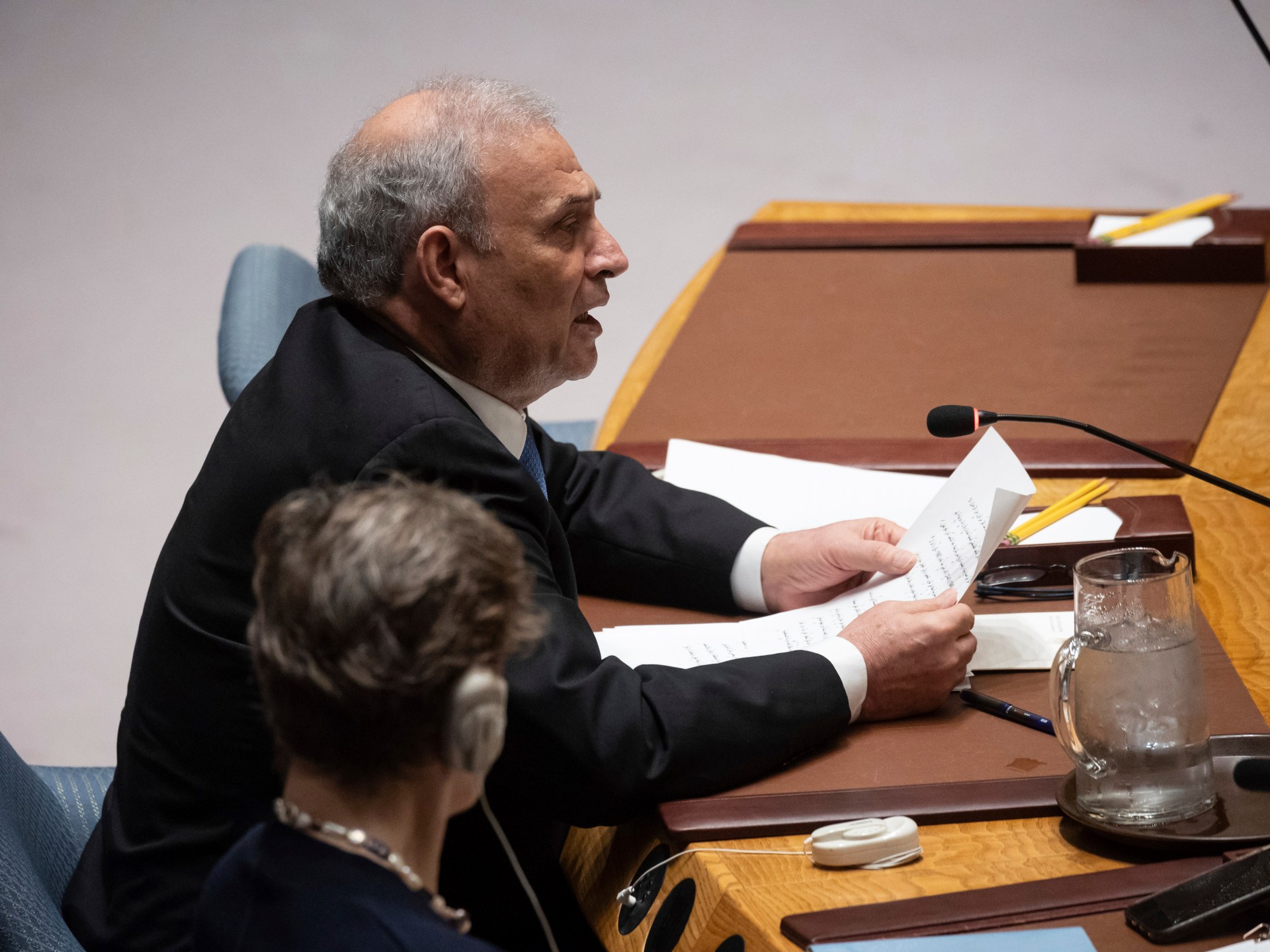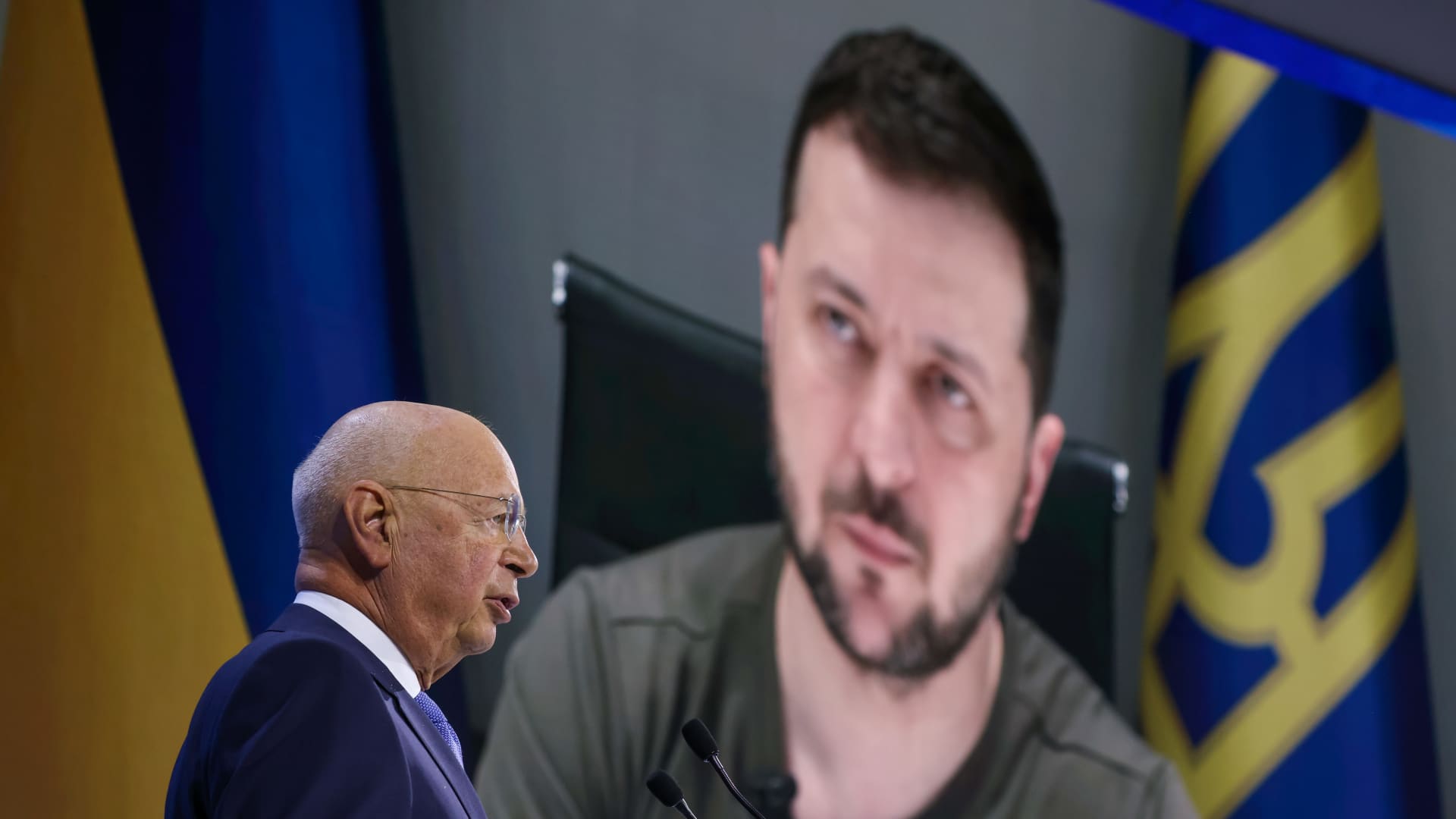Annan’s plan was scissored in collaboration with Greek Cypriots
"A new framework based on the realities of Cyprus is needed," Denktas has reportedly told the envoys, stressing that the Cyprus problem has an almost four-decade-old background and it cannot be resolved with an understanding that it started in 1974 with the Turkish intervention following an Athens-engineered coup on the island by Greek Cypriot supporters of union with Greece.
"The starting point ought to be the foundation agreements of the 1960 Cyprus Republic, which was an effective federation of the two equal peoples of Cyprus. Apart from that, since they were expelled from the partnership administration by use of force in 1963, the Turkish Cypriot people have been a self-governing people. For years they struggled to have a lasting settlement on Cyprus but all their efforts failed because Greek Cypriots never wanted to share power and insisted on their uncompromising attitude of considering themselves as the ‘sole legitimate government’ — a by-product of the wrong Cyprus approach of the international community, particularly of the EU — and us as a minority to be patched up to that government. Seeing that, Turkish Cypriots established in 1983 their own state, but kept open the door for a settlement. It’s because of this wrong approach that a settlement could not be achieved in the past four decades. If a settlement is wanted now, talks must be based on these realities of Cyprus… Particularly on the reality that there are two self-governing peoples on Cyprus who have two equal and sovereign states," the Turkish Cypriot leader reportedly told the American and EU envoys.
The sources said Denktas complained to the envoys that the Annan plan carried fingerprints of former Greek Cypriot Attorney General Alekos Michailides and the ex-special envoy of Britian for Cyprus, Sir David Hannay, a business partner of George Vassiliou, a former Greek Cypriot president.
He reportedly underlined that not only the document failed to meet Turkish Cypriot key demands regarding political equality and sovereignty matters, and rendered the 1960 guarantee scheme obselete, but would render refugee status to almost half of the Turkish Cypriot population due to the "disastrous" territorial adjustments and unacceptable high number of Greek Cypriots it stipulated to be resettled in northern Cyprus.
The Turkish Cypriot leader, diplomatic sources said, instead offered resumption of direct talks between him and Greek Cypriot leader Tassos Papadopoulos under U.N. auspices and reiterated his commitment to the good offices mission of U.N. Secretary-General Kofi Annan.
Weston, Verheugen criticize Denktas
Weston and Verheugen, on the other hand, criticized Denktas for blocking a settlement on Cyprus, while they lauded Papadopoulos for his commitment to resolving the issue.
"Denktas has hardened his position, making it worse," said Weston at a news conference, following separate meetings with Denktas and Greek Cypriot President Papadopoulos.
Weston, who completed his contacts in Cyprus and travelled to Turkey Wednesday, said Papadopoulos repeated his readiness to resume negotiations on the basis of the Annan plan.
"It’s the opinion of the United States that negotiations should be taking place right now because we believe it’s very important to have a settlement no later than May 2004," said Weston.
Weston, who said his talks in Cyprus were part of a new U.S. initiative to kick-start the stalled negotiations, was referring to the date of Cyprus accession to the European Union.
"We do not see another path to a settlement other than the U.N. process…," he said.
He said a hardening in the position of Turkish Cypriot leader Rauf Denktas was the main obstacle to the resumption of reunification talks based on the Annan plan.
"I think he has become publicly much more critical of the Annan plan than he has been in the past and I think he may also be taking a much harder position than I have seen him take in the past about measures designed to improve the situation with Turkish Cypriots put forward by either the Greek Cypriot government of Cyprus or the EU," Weston said.
Weston said in Ankara he would be doing what he could to encourage a more forthcoming attitude on the part of the Turkish government.
Verheugen, who met with Papadopoulos Tuesday and Denktas on Wednesday morning, said the Greek Cypriot leader "made it very clear that his commitment is clear, that he wants a solution and that he is prepared to discuss the Annan plan to find a solution."
"The door for the accession of a united Cyprus (to the EU) is still open. It is now up to a decision by Mr. Denktas and his people and his friends in Ankara to use this opportunity before May 1," he said.
Apart from Denktas, Verheugen met over lunch with leaders of the political parties represented in the Turkish Cypriot Parliament.



